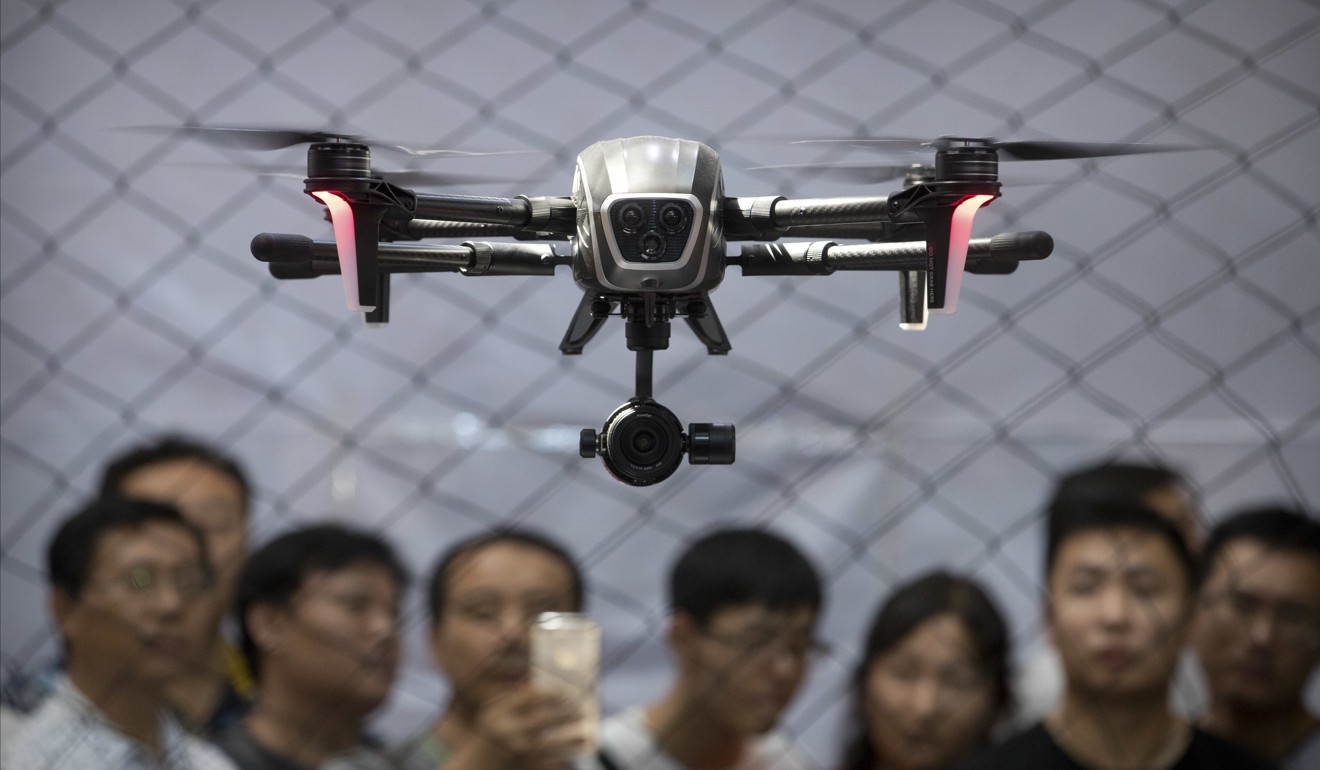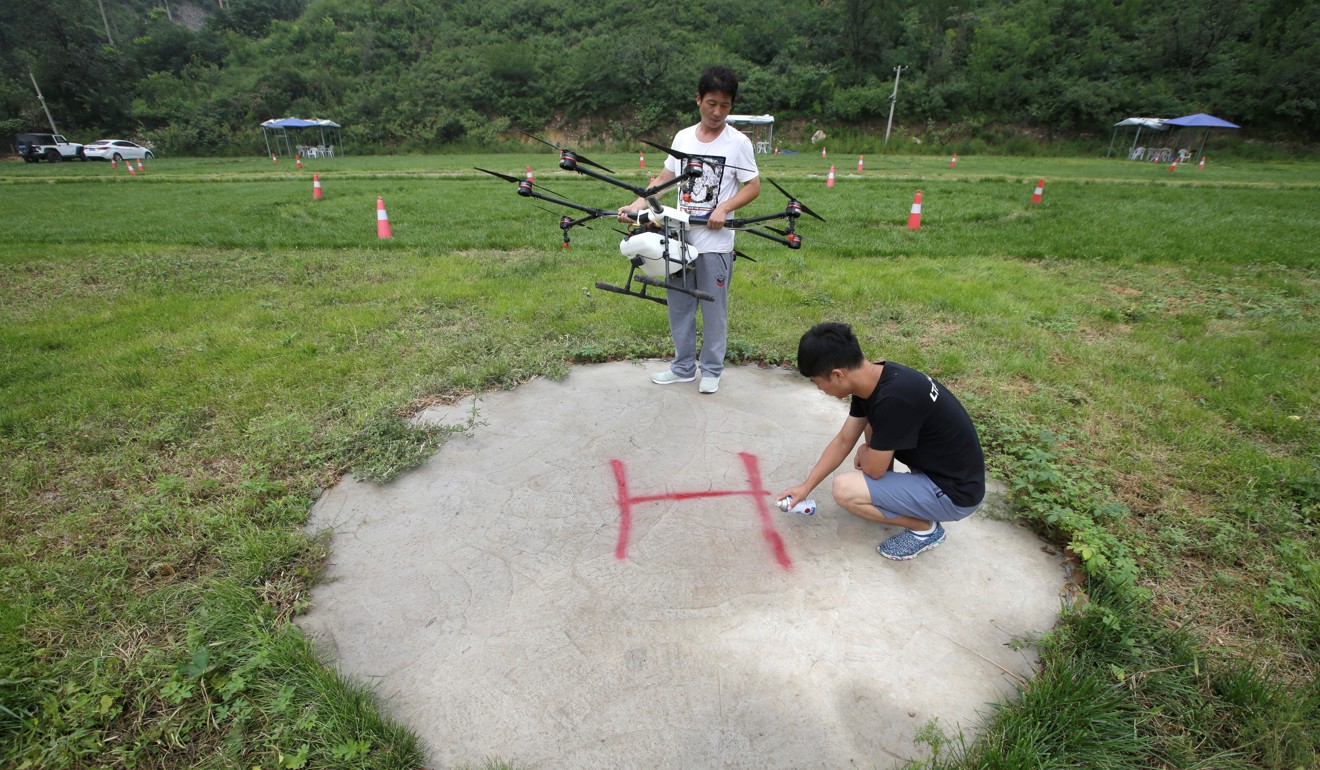
Tougher drone rules on the cards in Hong Kong as industry body warns of ‘reckless’ flying and threat to passenger aircraft
Local lawmakers slated to hear proposals requiring devices be registered and users trained and insured

Hong Kong is gearing up to take a tougher approach to drones being flown for recreation as the global aviation industry body warns of how “reckless” deploying of the devices is posing a grave threat to passenger aircraft.
Lawmakers in the city will hear proposals on Tuesday from the local aviation regulator seeking to introduce revised rules that would require unmanned aircraft to be registered and users trained and insured to operate them safely. The push follows recommendations from industry experts.
Last week, the International Air Transport Association (IATA), the airline global trade body, called for governments to ensure law enforcement played a key role in deterring dangerous flying of recreational drones.

While drones have become more affordable, accessible, popular and technologically advanced, global regulations have not kept pace with consumer trends and habits.
The sharp rise of recreational drone flying has coincided with a number of collisions and near-misses between the devices and passenger aircraft around the world.
IATA director of air traffic management infrastructure, Rob Eagles, said a concern was the “unprofessional operations of small recreational drones because people do not understand the potential risks and consequences” for manned aviation.
“We see a very strong role for law enforcement in relation to the regulations that are put in place,” he added.
Seeking to update existing drone laws in Hong Kong, the Civil Aviation Department’s experts called for the devices to be divided into three categories based on how much each weighs, which would determine how they could be flown.
The rules would dictate whether drones need to be registered and whether owners need basic or specialist training. In addition, the weight of an unmanned aircraft would determine how far and long users could operate them.

Owners with unmanned aircraft weighing under 250g would not need to register their device with authorities. Anything between 250g and 7kg would need to be registered. And drones exceeding 7kg would need to be vetted by authorities and require insurance to protect against flight risks.
A short public consultation is to be carried out in Hong Kong by the first quarter of 2018 and finish by the middle of the year.
IATA’s Eagles said his organisation was overall in favour of registration.
“It’s one element of risk mitigation – registration linked to appropriate regulation, linked to education, awareness and enforcement,” he said. “We see that as a positive.”
Hong Kong’s proposals would broadly follow rules in the United States, which are underpinned by a registration system. Information is made available to law enforcement authorities, and failure to register and tag a drone is punishable with a US$250,000 (HK$1.95 million) fine or imprisonment up to three years.
We don’t want to discourage people from using a drone for recreational or research purposes
“I certainly support the direction of this paper,” said Civic Party lawmaker Jeremy Tam Man-ho, who sits on the Legislative Council panel for economic development, which is to discuss the regulator’s proposals on Tuesday.
“As we know, drones have been a serious threat to the aviation industry and the general public in a few cases in Hong Kong and in fact worldwide, and we need some kind of regulation,” Tam added.
“The important thing is we don’t want to discourage people from using a drone for recreational or research purposes.”
Drones are increasingly being eyed for official and commercial use.
A number of Hong Kong government departments use drones for day-to-day applications, including the Fire Services Department, the Lands Department and the city’s elite police squads.
The global aviation trade body also said freight-only and commercial airliners were interested in drones, as they handle small parcel deliveries and can deliver to remote areas that are costly to serve and not easily reached by large planes.